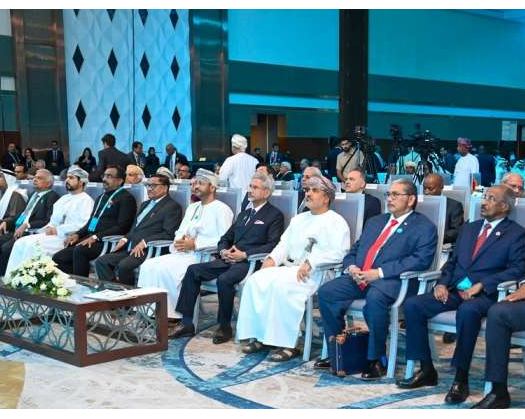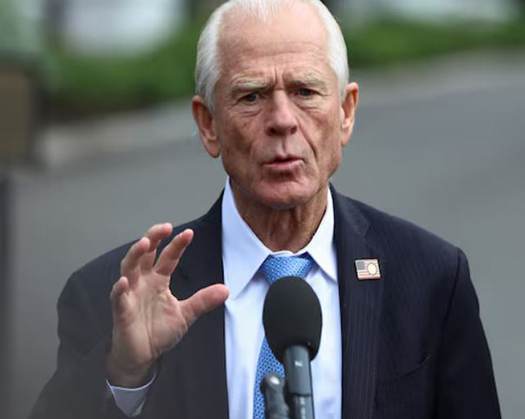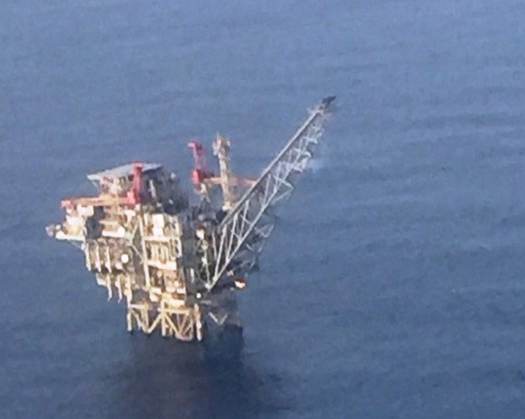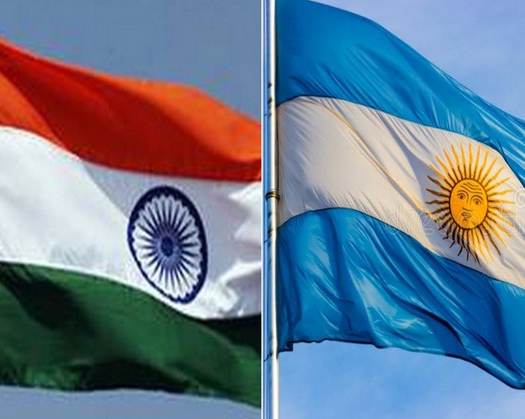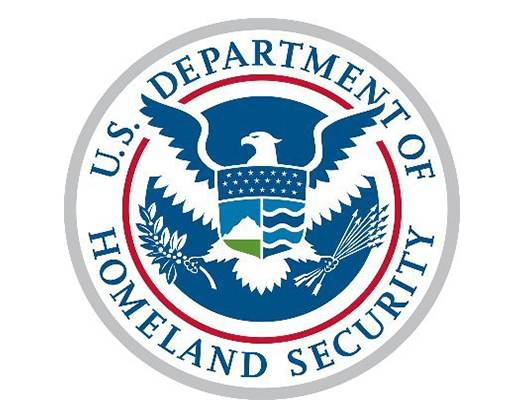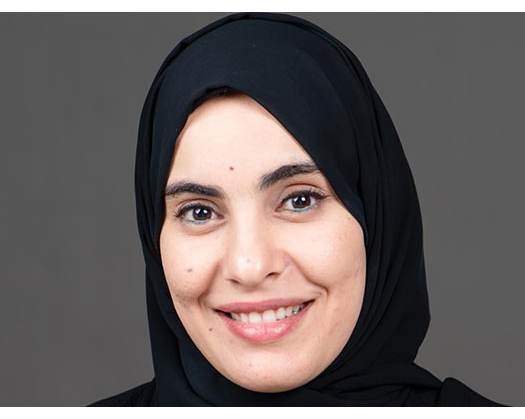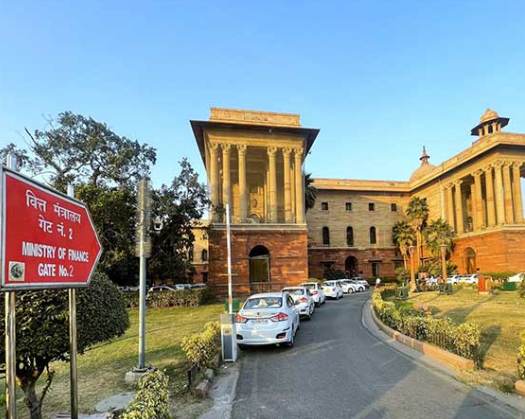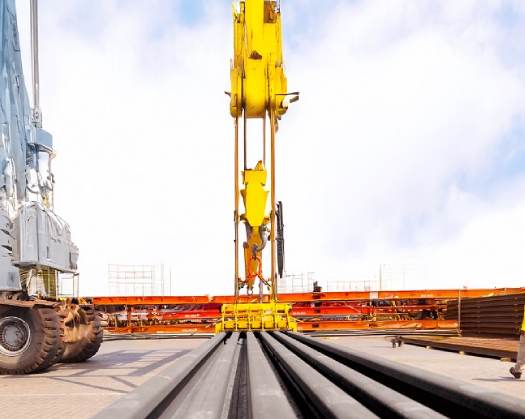Muscat: The 8th edition of the Indian Ocean Conference commenced today at the Oman Convention and Exhibition Centre, under the auspices of Sayyid Badr bin Hamad Al Busaidi, the Foreign Minister.
This two-day event is being hosted by the Sultanate of Oman, represented by the Foreign Ministry, with the theme “Voyage to New Horizons of Maritime Partnership.” It brings together several Foreign Ministers from Indian Ocean nations, along with representatives from 60 countries and international organizations.
The conference is organized by the Foreign Ministry in partnership with the India Foundation and receives support from the S. Rajaratnam School of International Studies in Singapore. Its primary objective is to explore opportunities and tackle challenges faced by Indian Ocean countries while enhancing regional cooperation in maritime, economic, and security domains.
In his opening remarks, Sayyid Badr emphasized that the Indian Ocean serves not merely as a body of water but as a vital artery for economic activity, a platform for exchange, and a bridge for communication and friendship. He stated, “We share a collective responsibility to tackle issues such as marine environmental protection, ensuring freedom of navigation, and empowering coastal communities to combat climate change. This conference also provides a chance to uncover the untapped potential of our ocean.”
He further elaborated that Oman’s economic vision aims to strike a balance between economic development and environmental sustainability, particularly in the blue economy, port infrastructure, and logistics services. He expressed hope that the conference will yield sustainable and advantageous strategies for all involved.
He emphasized that the Sultanate of Oman's policy is centered on identifying common ground, fostering dialogue, honoring diversity, and refraining from meddling in the domestic matters of other nations. He urged all parties to embrace a trust-based approach, lead by example, engage in constructive discussions, and uphold mutual respect. "By adhering to these principles, we can cultivate a deeper appreciation of diverse perspectives, leverage the experiences of our partners, and pave the way for a more stable and prosperous future," stated Sayyid Badr.
He also highlighted that Oman has been a maritime nation for millennia, with the ocean serving as a conduit for trade and cultural exchange for generations, a role it continues to play today. He remarked, "The Indian Ocean is a bridge, not a barrier, and the Sultanate of Oman views all nations as partners with shared interests, dedicated to enhancing a comprehensive partnership in the Indian Ocean, ensuring equitable benefits for all countries, both north and south, in the security and prosperity of this crucial region."
In addition, Dr. Ram Madhav, President of the India Foundation, noted that the Indian Ocean is the third largest ocean globally, spanning approximately 74 million square kilometers. He pointed out that the population of the countries bordering the Indian Ocean is around 3 billion, experiencing significant transformation and development, with 70% of global trade transiting through this vital area.
In his address, he articulated that the Indian Ocean serves as a vital connection among various nations; however, it faces numerous challenges, including piracy, maritime terrorism, climate-related issues, human and goods trafficking, and overfishing. He emphasized that humanitarian challenges, such as rising sea levels and rescue operations, necessitate improved collaboration among countries to effectively tackle these significant issues and foster partnerships and cooperation among the diverse nations and organizations involved.
Additionally, Khamis bin Mohammed Al Shamakhi, Undersecretary of the Ministry of Transport, Communications and Information Technology for Transport, highlighted the significance of the Sultanate of Oman hosting the 8th Indian Ocean Conference, given its unique geographical position and the strong relationships it maintains with Indian Ocean nations.
He remarked that the timing of the conference is crucial, particularly as Oman aims to bolster its involvement in international maritime organizations. He noted ongoing initiatives among various stakeholders, including the Ministry of Transport, Communications and Information Technology, to transition towards green transportation, sustainable ports, and eco-friendly sea routes.
In a related statement, Dr. Abdullah bin Ali Al Amri, Chairman of the Environment Authority, underscored the conference's importance, especially as the global community intensifies efforts to adapt to climate change, mitigate its impacts, protect the environment, and ensure sustainability. This aligns with the Sultanate of Oman's leadership role in the United Nations Environment Assembly.
The conference serves as a platform for discussing the potential strategies to meet environmental objectives in the Indian Ocean, recognized as one of the largest and most significant bio-oceans globally. This region is home to a diverse array of marine life, including crustaceans, small fish, and whales, as well as long-lived species and coral reefs that are crucial for carbon dioxide absorption.
Discussions will center on the opportunities and challenges faced by countries bordering the Indian Ocean, emphasizing collaboration in maritime trade, renewable energy, maritime security, and technological advancements.
The first day features five sessions: the initial session titled “Journey Towards New Horizons for Maritime Partnerships,” followed by “Strengthening the Voice of the Global South,” “Securing Maritime Economic Interests,” “Strengthening Maritime Supply Chains / Overcoming Disruptions and Increasing Resilience,” and concluding with “Exploring New Horizons / The Evolution of the Maritime Landscape in the 21st Century.”
Additionally, foreign ministers from 27 nations will address the conference, sharing their perspectives on shared security challenges and strategies to bolster maritime partnerships.

